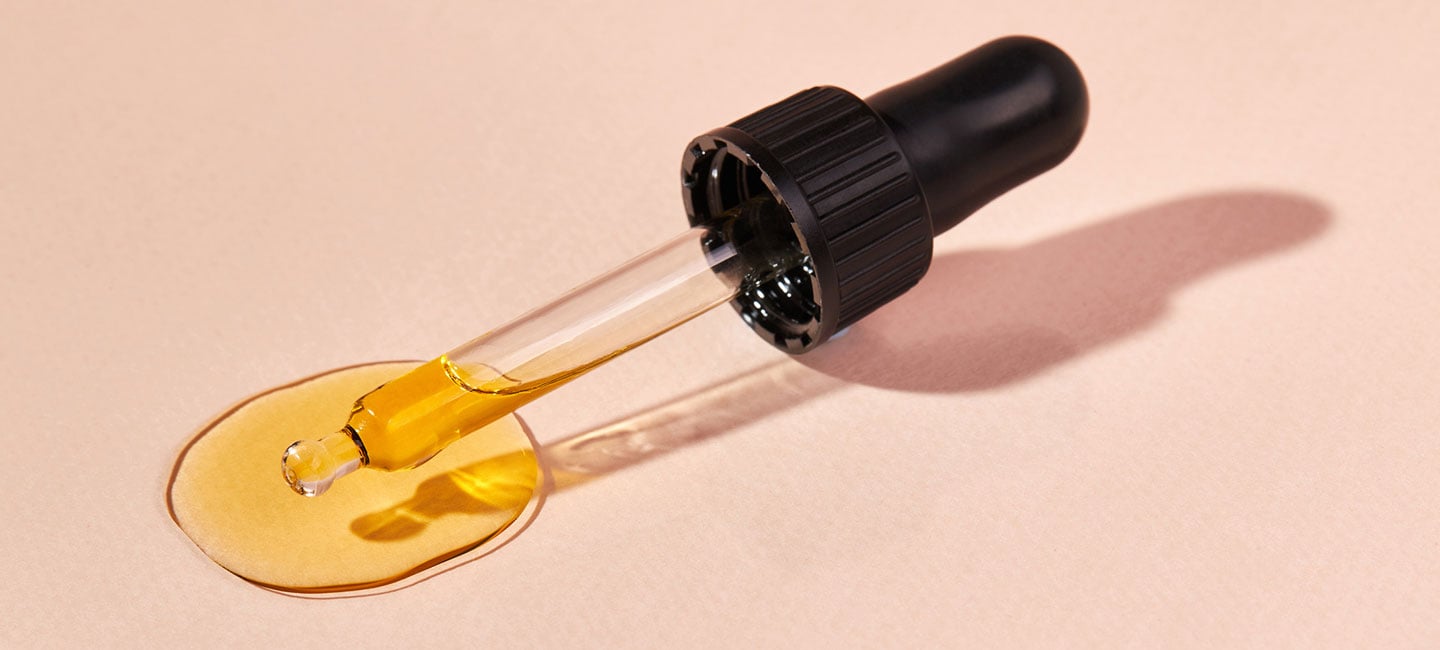Without Another Pill to Swallow
For thousands of years, peppermint and ginger have been documented as anti-nausea treatments. Pure essential oils from both plants have been a common form of aromatherapy used to combat general stomach sickness. For patients with cancer that are experiencing chemotherapy-induced nausea and vomiting (CINV) prior to stem cell transplants, a team of nurses at Moffitt Cancer Center set out to determine if pure essential peppermint and ginger oils could provide them with relief.
Prior to an autologous blood and marrow transplant (BMT), patients receive a pre-conditioning treatment which usually includes high-dose chemotherapy. This round of chemotherapy is intended to kill diseased cancer cells before transplanting new blood stem cells back into the body. A patient remains in an immunocompromised state between chemotherapy and transplant and may require additional medications to protect them, many of which can contribute to the nausea and vomiting.

Significant progress has been made in the effectiveness of antiemetics, medications that prevent or treat nausea and vomiting, but CINV remains an adverse effect of treatment that can have lasting effects on a patient’s ability to heal and their treatment outcomes. For Lisa Demont, a nurse working in Moffitt’s Blood and Marrow Transplant and Cellular Immunotherapy Department, watching patients endure these adverse effects is difficult.
“CINV can be a barrier to a smooth transplant process,” explained Demont. “At a minimum, it can cause weakness, anorexia and metabolic changes for these patients. We wanted to explore options to control CINV without giving the patient another pill to swallow.”
Sixty patients were enrolled in the study and were randomly given pure peppermint or ginger oils while canola oil was used for the control group. Patients given peppermint oil experienced the lowest incidence of nausea followed by the patients that received ginger oil. Those given canola oil had the highest incidence of nausea.
“Clinically, this can help patients remain hemodynamically stable and able to maintain their physical strength through eating and exercise while maintaining their emotional wellbeing so the best outcome for the transplant can be obtained,” Demont said.
Demont presented these findings at the 2023 Tandem Meetings, the combined annual meetings of the American Society for Transplantation and Cellular Therapy and Center for International Blood and Marrow Transplant Research. The results will also be published in the April 2023 edition of the Clinical Journal of Oncology Nursing.



